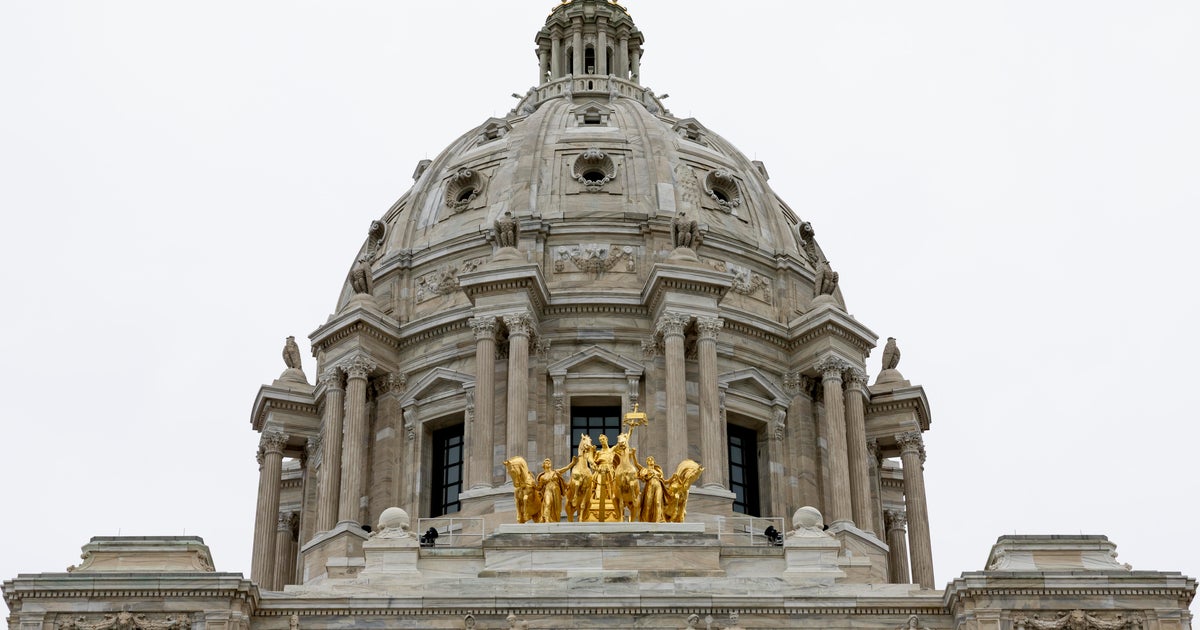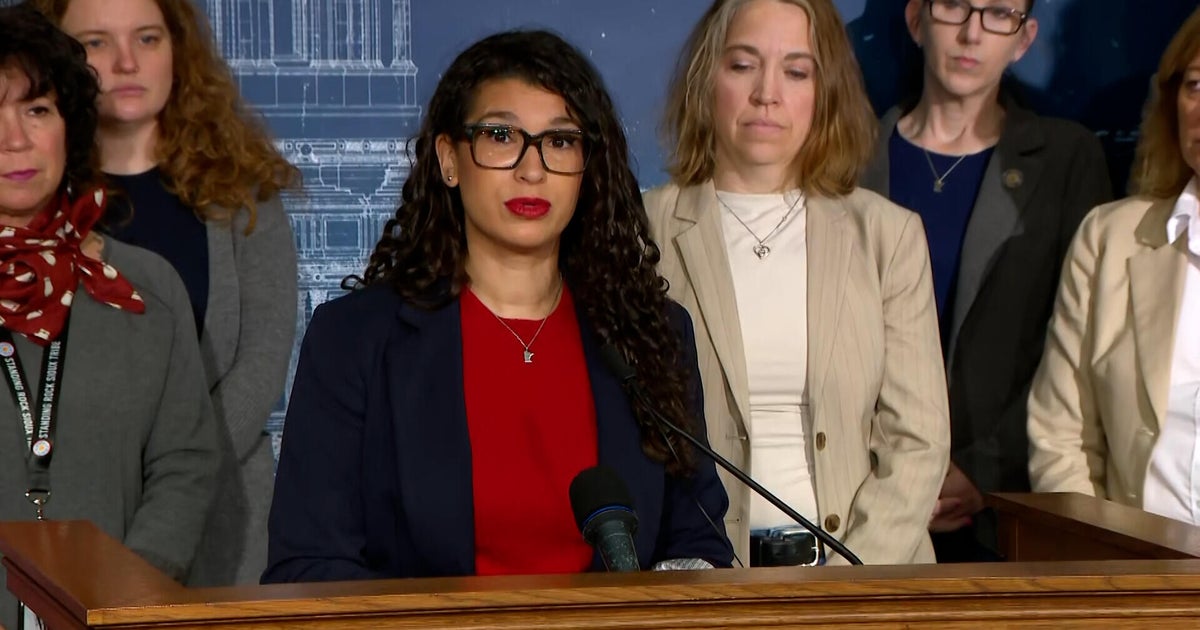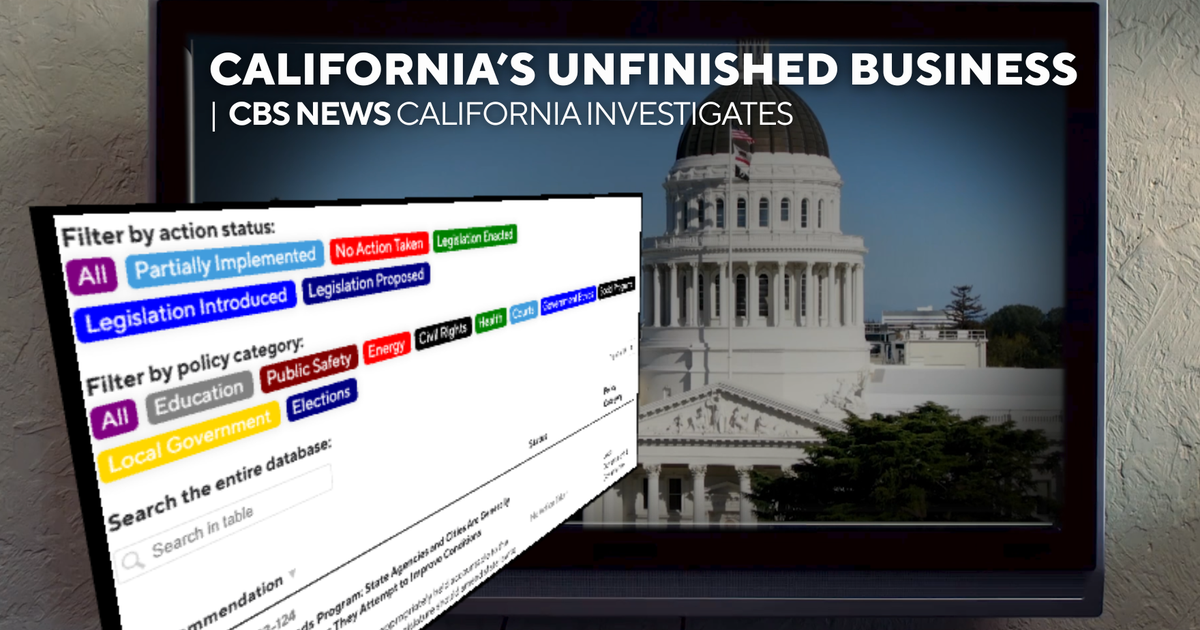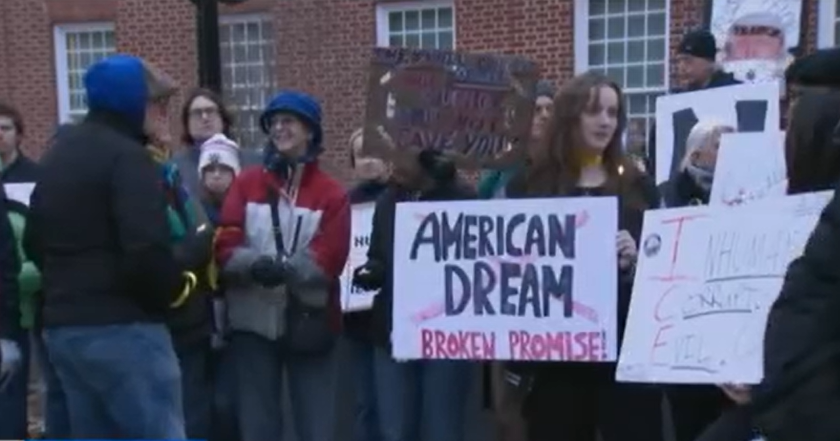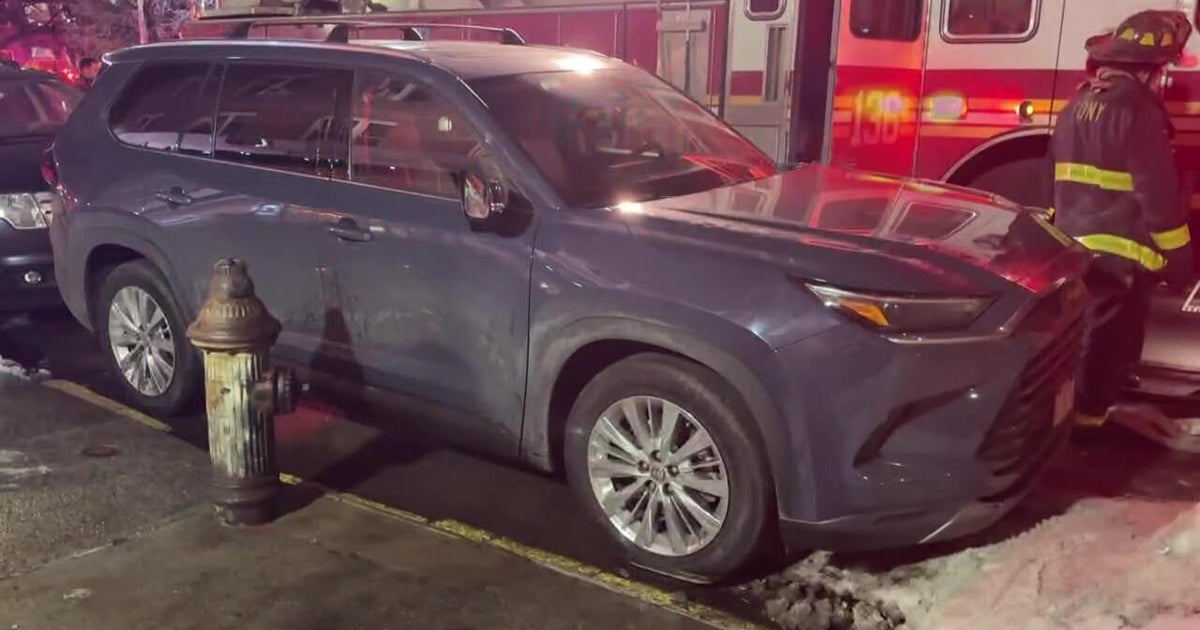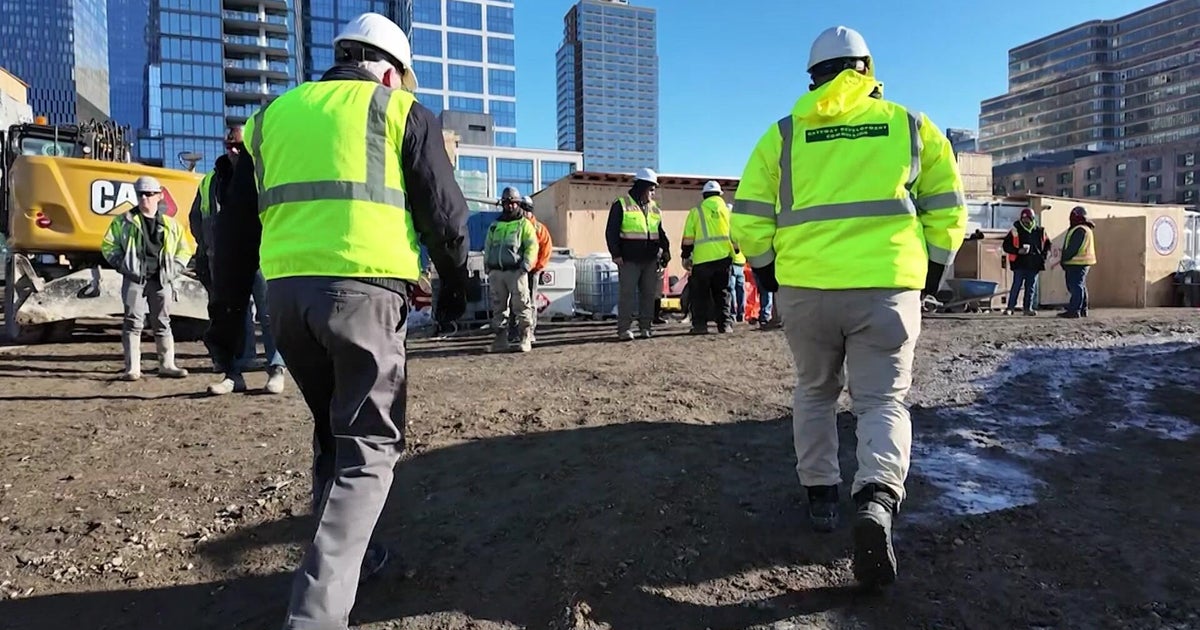No Budget Deal Makes Minn. Special Session Certain
ST. PAUL, Minn. (AP) -- A special session for Minnesota state lawmakers is a certainty after the Legislature adjourned without a budget deal between Democratic Gov. Mark Dayton and Republicans who control the House and Senate.
It wasn't known yet when Dayton would call lawmakers back to St. Paul. Failure to pass a state budget by the end of June would force a state government shutdown at the start of the Fourth of July holiday weekend, which threatens to leave no funding for state parks and highway rest stops along with many other state offices and services.
The House and Senate adjourned in the final minutes of Monday night, their constitutional deadline. All sense of urgency had drained from the session's final hours, with Dayton and GOP leaders still mired in a stubborn dispute over taxes and spending that had kept the session in a holding pattern in recent weeks.
Dayton has said he likely won't call a special session until he and Republicans reach a budget deal. He did not veto any of the Legislature's budget bills by Monday, but was expected to begin doing so Tuesday.
"This is a shared failure on all our parts, the Legislature's and mine, that we can't reach resolution," Dayton told Capitol reporters.
The basic dynamic is unchanged since the early January start of session: Dayton wants new, high-end income taxes as part of the deficit fix, while Republicans insist the state has enough money.
Republican lawmakers gathered outside Dayton's office three hours before midnight to demand one last time that he sign their budget bills. At the same time, hundreds of state employee union members rallied in the nearby rotunda, chanting "tax the rich" and "we want to work."
Outside Dayton's office, Senate Majority Leader Amy Koch acknowledged the likelihood of a special session when she forecast what would happen if the deadline passed without a deal. "We will continue the conversation with the governor," said Koch, R-Buffalo.
Republican leaders planned to fly around the state Tuesday to press their argument that the budget bills they did send Dayton should be sufficient.
Dayton's office released a statement from the governor a few minutes after the Legislature ended. "I remain resolved that we will find common ground and compromise on behalf of Minnesotans," Dayton said.
The only piece of the state budget enacted so far is a slender $76 million package for farm programs, which Dayton signed last month.
Dayton said he hadn't considered whether he would call lawmakers back to St. Paul before or after a shutdown started, if there's no budget agreement beforehand.
Dayton insists he moved toward Republicans a week ago when he reduced his proposal for new taxes by about half to $1.8 billion, raised mainly from a new tax bracket for the top 2 percent of incomes. GOP lawmakers said they already compromised within their ranks by agreeing to spend $34 billion, the amount the state is projected to collect in the next two years, even though some wanted a smaller number.
"I would have preferred to spend a little bit less, yes," said Rep. Doug Wardlow, a first-term Republican from Eagan. "We have moved in the direction of the governor significantly -- substantially."
The governor held a series of private meetings Monday with legislative sponsors of the spending bills and the tax bill.
House Taxes Committee Chairman Greg Davids said his meeting Monday was "substantive" but didn't lead to any breakthroughs on the larger disagreement. He said Dayton's tax plan doesn't have the votes to pass the Legislature.
"He can't get the 68 votes. I know he can count to 68, but he can't get there," said Davids, R-Preston, referring to the number of votes to pass a bill in the House.
Dayton said he is open to alternative ways to bring new revenue into the state budget.
"But nothing that's been proposed here in the last five months has come even close to raising that kind of money," he said, referring to the $1.5 billion his proposed 10.95 percent income tax bracket would bring in over two years.
(© Copyright 2011 The Associated Press. All Rights Reserved. This material may not be published, broadcast, rewritten or redistributed.)
